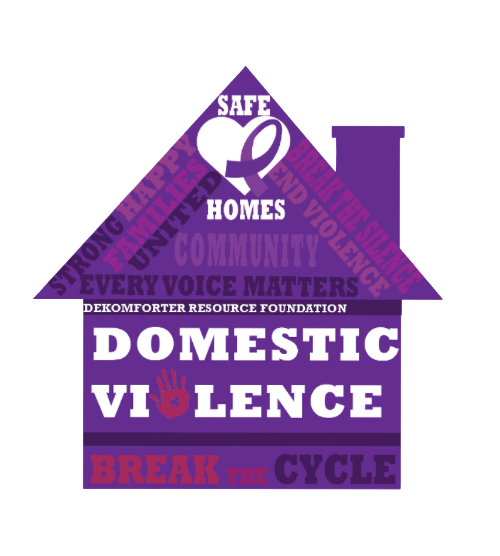Non-profit organizations are crucial in supporting low-income families by providing essential services and resources. They focus on several key areas:
- Food Assistance
Non-profits operate food banks and meal programs, ensuring families have access to nutritious food, thereby alleviating food insecurity. - Housing Support
These organizations offer emergency shelters, rental assistance, and housing counseling to help families secure stable living environments and avoid homelessness. - Job Training
Many non-profits provide job training programs that equip individuals with skills for sustainable employment. They also assist with resume building and job placement services, enhancing employability. - Financial Literacy
Non-profits often conduct workshops on budgeting, saving, and credit management, empowering families to make informed financial decisions and achieve stability. - Community Partnerships
Collaborations between non-profits, local businesses, and government agencies enhance the effectiveness of these initiatives, maximizing resources and support for families.
Conclusion
Investing in non-profit organizations is vital for fostering healthier communities. By addressing the multifaceted challenges faced by low-income families, these organizations promote self-sufficiency and improved well-being for all.





